SS 554:2016 is the Singapore Standard for indoor air quality (IAQ) for air-conditioned buildings. This standard provides guidelines and requirements to ensure that the air quality within buildings is maintained at healthy levels, promoting the well-being and comfort of occupants. Here are the key components and highlights of SS 554:2016:
Overview of SS 554:2016
Purpose: The primary objective of SS 554:2016 is to establish a set of standards for maintaining and monitoring indoor air quality in air-conditioned buildings to safeguard the health of occupants.
Key Components of SS 554:2016
- Indoor Air Quality Parameters:
- Chemical Contaminants: Specifies acceptable levels for various chemical pollutants, including carbon dioxide (CO₂), carbon monoxide (CO), formaldehyde, ozone (O₃), volatile organic compounds (VOCs), and particulate matter (PM2.5 and PM10).
- Biological Contaminants: Sets guidelines for controlling biological pollutants such as bacteria, viruses, and mold.
- Physical Parameters: Includes requirements for maintaining appropriate temperature, humidity, and air movement to ensure thermal comfort.
- Monitoring and Assessment:
- Regular Monitoring: Recommends regular monitoring of indoor air quality parameters to ensure compliance with the standards.
- Assessment Methods: Outlines methods for assessing air quality, including sampling techniques, frequency of measurements, and acceptable testing equipment.
- Reporting and Documentation: Requires documentation of air quality assessments and any remedial actions taken to address IAQ issues.
- Ventilation Requirements:
- Ventilation Rates: Specifies minimum ventilation rates to provide adequate fresh air and dilute indoor contaminants.
- Ventilation System Design: Guidelines for designing HVAC systems to maintain optimal IAQ, including the placement and maintenance of air intakes and exhausts.
- Source Control and Mitigation:
- Source Identification: Identifies common sources of indoor air pollutants and provides strategies for controlling or eliminating these sources.
- Mitigation Measures: Recommends measures to mitigate identified IAQ issues, such as improved filtration, increased ventilation, and the use of low-emission materials.
- Maintenance and Housekeeping:
- System Maintenance: Stipulates regular maintenance of HVAC systems to prevent the buildup of contaminants and ensure efficient operation.
- Housekeeping Practices: Encourages good housekeeping practices to minimize the accumulation of dust, mold, and other pollutants.
- Occupant Awareness and Education:
- Information Dissemination: Recommends educating building occupants about IAQ issues and promoting behaviors that support good indoor air quality.
- Feedback Mechanisms: Establishes mechanisms for occupants to report IAQ concerns and for building management to address these concerns promptly.
Compliance and Application
- Scope: SS 554:2016 applies to all air-conditioned buildings, including commercial, institutional, and residential buildings.
- Implementation: Building owners, managers, and HVAC professionals are responsible for implementing the standards and ensuring ongoing compliance.
Benefits of SS 554:2016
- Health Protection: Reduces the risk of health problems associated with poor indoor air quality, such as respiratory issues and allergies.
- Enhanced Comfort: Ensures a comfortable indoor environment by maintaining appropriate temperature, humidity, and air movement.
- Increased Productivity: Promotes better health and comfort, which can lead to increased productivity and satisfaction among building occupants.
- Regulatory Compliance: Helps building owners and operators comply with local regulations and standards for indoor air quality.
Important Updates in SS 554:2016
- Revised Pollutant Levels: Updated acceptable levels for various indoor air pollutants to reflect current health and safety research.
- Enhanced Monitoring Requirements: Greater emphasis on regular monitoring and assessment of indoor air quality parameters.
- Advanced Mitigation Strategies: Incorporation of new strategies and technologies for improving and maintaining indoor air quality.
Conclusion
SS 554:2016 is a vital standard for ensuring the health and well-being of occupants in air-conditioned buildings by maintaining high indoor air quality. Adhering to these guidelines helps create safer, healthier, and more comfortable indoor environments.
Note: All Password are [“salaimep” or “salaimep.com”]
Download |OneDrive, Google Drive
Also Download – SS 553 2016 ACMV in Building PDF Download

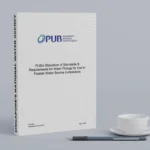
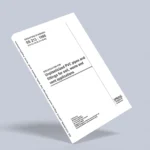



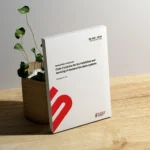
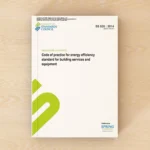
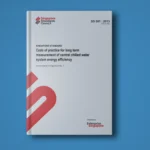
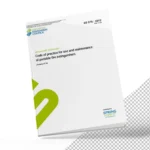
I wanna a lucky girl.